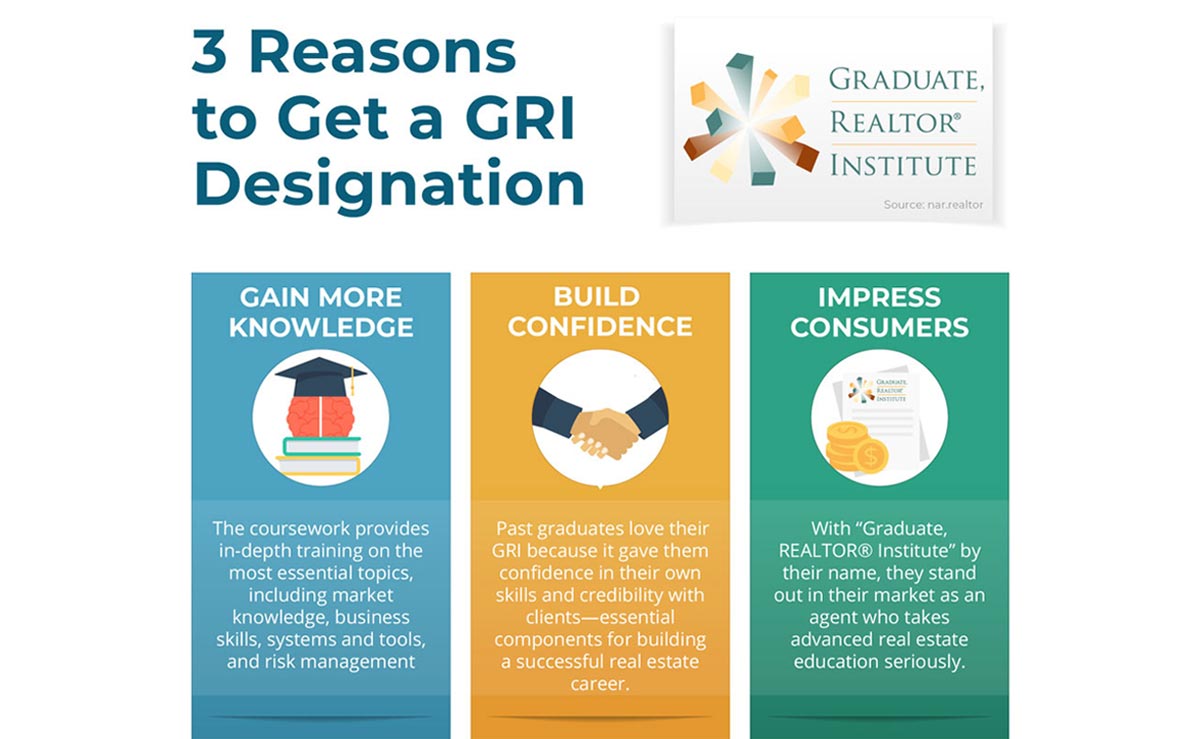
A real estate business can be exciting and lucrative, but it also requires a substantial commitment of money, time and energy. For you to be successful you need a set of clear objectives and motivations that will keep you focused on achieving your business goals.
Following these five easy steps, you can create your own realty brokerage.
1. Choose the Right Brokerage
Selecting the right brokerage firm is the first step to opening a realty brokerage. Choose a company with a good track record that is well-known in your region. It is also important to find a brokerage that will share your values and ethics.

2. Budget Your Budget
In order to start a brokerage business, you will need to create a plan of financial projections that includes initial expenses as well as revenue. You can then determine whether the business is profitable and how much money you will need to get it started.
You can use this budget to determine how many sales agents you will need and how many deals each agent must close to break-even or turn a profit. Once you have these numbers, you can start searching for financing to get your brokerage off the ground.
3. How to Hire the Best Employees
Interview them thoroughly before you decide to hire them to join your team. Be sure to check that they have the required experience and skills as well as a good match with your company’s culture.
4. Build a Great Team Environment
A strong team culture will have a positive effect on your business, and the level of service that you provide clients. This can help you retain the most motivated and dedicated employees.
5. Pay Your Agents Well
One of the most important things you can do to attract and retain high-quality real estate agents is to pay them well. You have several options to choose from, including a desk fee that is low or non-existent for experienced professionals, standard splits and commission shares.

6. Brand Yourself - How to Create a Successful Brand
The most effective way to market your brokerage is through an effective website and social media presence. It is important to have a strong presence online in order to attract clients and find new leads.
7. Investing in Transaction Management Software
A real estate transaction management system can be invaluable for running your business smoothly. These systems automate your entire transaction process to ensure that everyone involved stays on task and on time.
8. Get Your License and Start Hiring
Getting your own real estate broker's license is a key step to starting a real estate brokerage, so take the time to study your state's licensing requirements. The state requirements are different, but usually include a series of classes and an exam.
FAQ
How can I tell if my house has value?
You may have an asking price too low because your home was not priced correctly. If you have an asking price well below market value, then there may not be enough interest in your home. To learn more about current market conditions, you can download our free Home Value Report.
What is the cost of replacing windows?
Window replacement costs range from $1,500 to $3,000 per window. The cost to replace all your windows depends on their size, style and brand.
How many times do I have to refinance my loan?
It all depends on whether your mortgage broker or another lender is involved in the refinance. You can typically refinance once every five year in either case.
Statistics
- Over the past year, mortgage rates have hovered between 3.9 and 4.5 percent—a less significant increase. (fortunebuilders.com)
- It's possible to get approved for an FHA loan with a credit score as low as 580 and a down payment of 3.5% or a credit score as low as 500 and a 10% down payment.5 Specialty mortgage loans are loans that don't fit into the conventional or FHA loan categories. (investopedia.com)
- 10 years ago, homeownership was nearly 70%. (fortunebuilders.com)
- Some experts hypothesize that rates will hit five percent by the second half of 2018, but there has been no official confirmation one way or the other. (fortunebuilders.com)
- The FHA sets its desirable debt-to-income ratio at 43%. (fortunebuilders.com)
External Links
How To
How to Manage a Property Rental
While renting your home can make you extra money, there are many things that you should think about before making the decision. These tips will help you manage your rental property and show you the things to consider before renting your home.
If you're considering renting out your home, here's everything you need to know to start.
-
What are the first things I should consider? Before you decide if you want to rent out your house, take a look at your finances. If you have outstanding debts like credit card bills or mortgage payment, you may find it difficult to pay someone else to stay in your home while that you're gone. Also, you should review your budget to see if there is enough money to pay your monthly expenses (rent and utilities, insurance, etc. ), it might not be worth it.
-
How much does it cost for me to rent my house? There are many factors that go into the calculation of how much you can charge to let your home. These factors include location, size, condition, features, season, and so forth. You should remember that prices are subject to change depending on where they live. Therefore, you won't get the same rate for every place. Rightmove shows that the median market price for renting one-bedroom flats in London is approximately PS1,400 per months. This means that your home would be worth around PS2,800 per annum if it was rented out completely. It's not bad but if your property is only let out part-time, it could be significantly lower.
-
Is it worthwhile? Doing something new always comes with risks, but if it brings in extra income, why wouldn't you try it? It is important to understand your rights and responsibilities before signing anything. It's not enough to be able to spend more time with your loved ones. You'll need to manage maintenance costs, repair and clean up the house. You should make sure that you have thoroughly considered all aspects before you sign on!
-
Is there any benefit? There are benefits to renting your home. There are many reasons to rent your home. You can use it to pay off debt, buy a holiday, save for a rainy-day, or simply to have a break. It's more fun than working every day, regardless of what you choose. Renting could be a full-time career if you plan properly.
-
How do I find tenants? Once you've decided that you want to rent out, you'll need to advertise your property properly. You can start by listing your property online on websites such as Rightmove and Zoopla. Once potential tenants contact you, you'll need to arrange an interview. This will help you evaluate their suitability as well as ensure that they are financially secure enough to live in your home.
-
How can I make sure I'm covered? You should make sure your home is fully insured against theft, fire, and damage. You will need to insure the home through your landlord, or directly with an insurer. Your landlord will typically require you to add them in as additional insured. This covers damages to your property that occur while you aren't there. If you are not registered with UK insurers or if your landlord lives abroad, however, this does not apply. In this case, you'll need to register with an international insurer.
-
It's easy to feel that you don't have the time or money to look for tenants. This is especially true if you work from home. But it's crucial that you put your best foot forward when advertising your property. Make sure you have a professional looking website. Also, make sure to post your ads online. A complete application form will be required and references must be provided. Some prefer to do it all themselves. Others hire agents to help with the paperwork. Either way, you'll need to be prepared to answer questions during interviews.
-
What happens once I find my tenant If you have a lease in place, you'll need to inform your tenant of changes, such as moving dates. Otherwise, you can negotiate the length of stay, deposit, and other details. Remember that even though you will be paid at the end of your tenancy, you still have to pay utilities.
-
How do I collect the rent? When it comes time for you to collect your rent, check to see if the tenant has paid. If your tenant has not paid, you will need to remind them. Before you send them a final invoice, you can deduct any outstanding rent payments. You can call the police if you are having trouble getting hold of your tenant. They won't normally evict someone unless there's been a breach of contract, but they can issue a warrant if necessary.
-
How can I avoid potential problems? Although renting your home is a lucrative venture, it is also important to be safe. You should install smoke alarms and carbon Monoxide detectors. Security cameras are also a good idea. You should also check that your neighbors' permissions allow you to leave your property unlocked at night and that you have adequate insurance. You should not allow strangers to enter your home, even if they claim they are moving in next door.